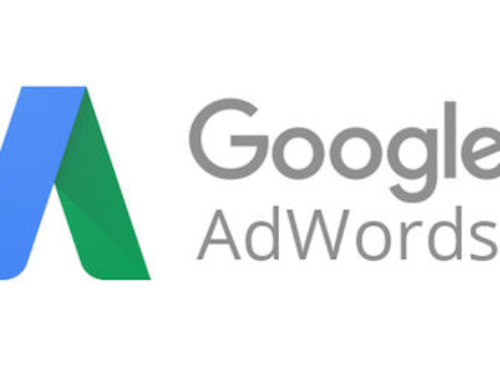I attended a MeetUp (Minnesota SEOs) in the Twin Cities last night that was discussion what SEO will look like in 2014. It was a great meeting with many contributors and it was moderated by Adam Dince, Director of Earned Media at (his slides) the Deluxe Corporation.

Before I get into some of the highlights (and there were many) of last night’s discussions, consider some high level thoughts that we consider at the LTR Digital Group when starting to engage with a client. Recent studies show that the average person spends around 20 hours a week online. 96% of the time is consuming content, while 4% is performing a search. So, depending on the client, how can you best reach your audience? Well, in no particular order, consider, site optimization, a solid content strategy (organic), social engagement (organic), and paid strategies. Most platforms have stated that if you want to find your audience (outside of organic) you have to pay for it. With paid, you can focus on highly targeted audiences with RTB (real time bidding…these are ads placed on sites that sell space), Search paid, Facebook paid, LinkedIn paid, Twitter paid, so on and so forth (they all have paid models). So the thought is, create great content, promote that content where your audience is (attracts the 96% of the user online time) via Social and other means, and utilize an effective Paid strategy (attracts the 4% of the user online time).
Now, I do not claim to be an SEO expert, so I will not try to highlight the technical details of some of the discussion. But, as I listened to the speakers and the panel, it seemed to me that with Google’s change in their algorithm back in 2013, SEO has been somewhat simplified. Don’t laugh at me SEO experts! It all starts with a sound strategy. Understand who your audience is and speak to them. Solve their problems. Where do they hang out online? Google will reward you with content that speaks to the semantic searches that Hummingbird was designed for.
As Adam points out, the Google SERPs (search engine results page) has evolved and will continue to evolve. There are local carousels (local searches with rolling banners at the top), local places results, knowledge graph results, news results that include in depth articles, rich snippets, personalized results, and preemptive search (almost as if Google knows before you know what you are going to search!). Since Google commands around 80% of the organic search traffic, the results page will continue to evolve to meet the needs of their audience.
I have talked in previous blogs how the power of searching has never been more in the hands of the searcher. In fact, there are a plethora of places to do searches now: Facebook graph search, Google +, Pinterest, YouTube, Yelp, Amazon, Twitter, etc. etc. If you want information, you do not just have to go to Google to find it. But, for many, searches start with Google. And, Google wants to keep it that way. In 2011, Google reported that 83% of online activity starts with a search. Has that number gone up in 2014? More that likely. Also, studies show that 94% of searchers will click on an organic result as opposed to an ad.
How do you stay ahead in the SEO “game”?
Well, as Adam pointed out, it really starts with your website. It is the fundamental digital asset that you have complete control over. You can view Adam’s slides for his thoughts on what you need to consider, but ensure that you keep the user experience in mind as you develop the site. Also, ensure you put into practice the tried and true on-page SEO tactics. Get your backyard in order before you try to invite people in to check it out.
Now, as you attempt to “lead the horse to water”, Google and Bing understand that a better user experience is achieved through personalized results. We have seen this evolving over the past years. Add in Google’s movement towards semantic and intent based search, and you will then have a better understanding of how an effective SEO strategy needs to be developed.
It is an ever changing world in SEO, but if you incorporate many of the ideas and strategies discussed above, you will stay far ahead of the competition! Thanks to all that contributed to last night’s event.
If you have questions, or want to speak to us about your digital needs, feel free to contact me.




